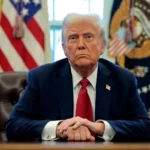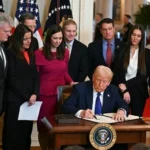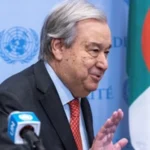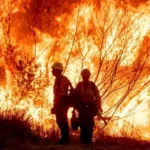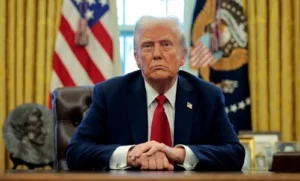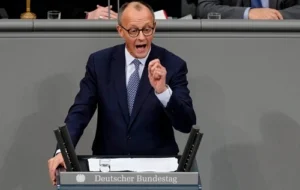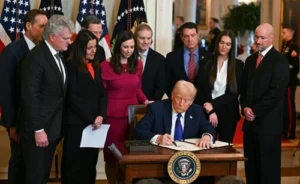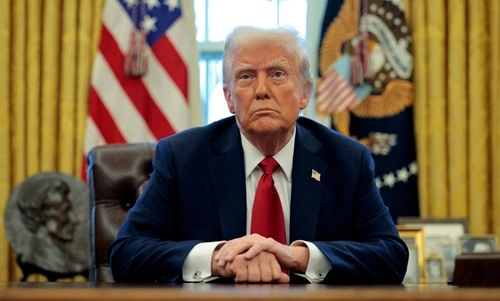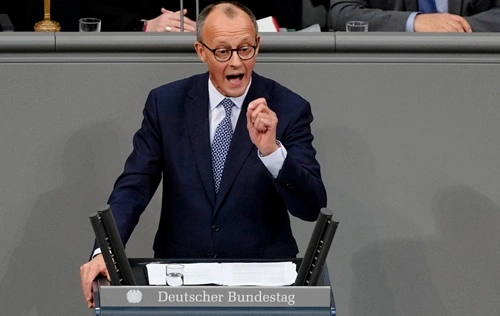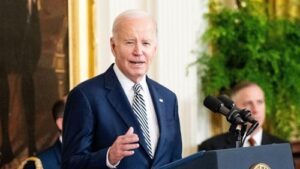As the clock ticks toward the midnight deadline on Monday, South Korea finds itself at a critical juncture, with thousands of citizens braving harsh winter conditions to voice their positions on the potential arrest of impeached President Yoon Suk Yeol. The nation’s political landscape has been deeply shaken since Yoon’s brief declaration of martial law on December 3, 2024, which was swiftly overturned by the National Assembly, leading to his impeachment and suspension from presidential duties pending a Constitutional Court decision.
Public Demonstrations Intensify
In the heart of Seoul, demonstrators have gathered in significant numbers, with both supporters and opponents of Yoon making their voices heard. Anti-Yoon protesters are calling for his immediate arrest and permanent removal from office, condemning his martial law declaration as a severe breach of democratic principles. Conversely, Yoon’s supporters, responding to his call to “fight to the end,” have formed human barricades around his residence, aiming to prevent authorities from executing the arrest warrant.
Legal and Political Implications
The arrest warrant for Yoon, issued by the Seoul Western District Court, is set to expire at midnight on Monday. Investigators from the Corruption Investigation Office for High-ranking Officials (CIO) have faced significant obstacles in executing the warrant, including physical resistance from Yoon’s security detail and legal challenges posed by his defense team. Yoon’s lawyers have contested the constitutionality of the arrest warrant, further complicating the situation.
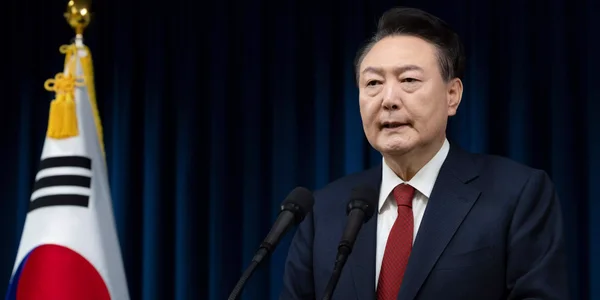
The Constitutional Court is scheduled to begin formal impeachment trial proceedings on January 14, 2025, requiring Yoon’s personal appearance. The outcome of these proceedings will determine whether Yoon is permanently removed from office or reinstated. In the interim, the political climate remains highly charged, with public opinion deeply divided.
Historical Context and Public Sentiment
Yoon’s declaration of martial law, albeit short-lived, has evoked memories of South Korea’s authoritarian past, intensifying public scrutiny and debate. The swift reversal of martial law and subsequent impeachment reflect the resilience of South Korea’s democratic institutions, yet the current standoff underscores the challenges the nation faces in navigating political crises. Public sentiment is polarized, with large-scale protests indicating a populace deeply engaged in the nation’s democratic processes.
International Observations
The international community is closely monitoring the developments in South Korea, recognizing the potential implications for regional stability and democratic governance. The situation presents a complex challenge, balancing the enforcement of legal and constitutional norms with the imperative to maintain public order and uphold democratic values.
Conclusion
As the deadline for President Yoon Suk Yeol’s arrest approaches, South Korea stands at a pivotal moment in its democratic journey. The coming days are critical, with the potential to shape the nation’s political landscape for years to come. The resolution of this crisis will not only determine Yoon’s fate but also test the resilience and maturity of South Korea’s democratic institutions.
